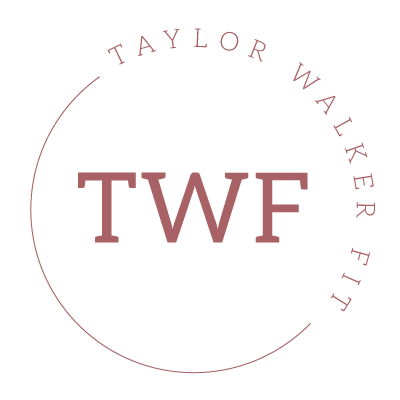***This is a sponsored discussion brought to you by the experts at Baptist Health South Florida. As always, any advice in these posts are coming straight from the incredible physicians and RD’s from BHSF.

February is Heart Month and it also happens to be both Black History and Women’s Month as well. Today, along with the experts from Baptist Health South Florida, I wanted to talk to you all about Women’s Risk Factors for Cardiovascular Disease.
Did you know, Heart Disease is the #1 cause of death in women?
In fact, Cardiovascular Disease has been linked to 1 in 3 deaths in women in the U.S. I don’t know about you, but those numbers were pretty staggering to me, yet, there is little published about heart disease risk factors specific for women.
Paula Montana De La Cadena, M.D., a cardiologist at Miami Cardiac & Vascular Institute. “In May 2020, the American College of Cardiology and the American Heart Association released the latest guidance, which outlines risk factors related specifically to women and treatments that have been shown to benefit women.”
What are some of those risk factors?
The 2020 research has shown that adverse pregnancy outcomes increase a women’s risk of developing cardiovascular disease up to FOUR times more likely. I will list the conditions below, but it is recommended by the American College of Cardiology to receive early screening and consistent monitoring to ensure easy detection and treatment.
This article goes more into detail on the conditions to look out for, but they include:
Pregnancy: placental abruption, pre-eclampsia, eclampsia and HELLP syndrome are pregnancy-related conditions that have been linked to cardiovascular disease and doctors recommend getting screened three-months postpartum.
Polycystic Ovarian Syndrome (PCOS) and premature menopause can also lead to increased risk. More details are offered here.
Hypertension and Type 2 Diabetes are also common links to cardiovascular episodes and need to be closely evaluated as they are linked to cardiovascular events such as stroke or heart attack in both men and women.
Although the 2020 guidelines recognize the most effective treatments are geared towards both men and women, there is recognition that there is a need for female specific treatment. For example, a common recommendation of blood pressure reduction is to reduce sodium intake and hypertensive medications. With that said, there is a higher risk of side effects for women treated with medication. I have seen it first hand when my mother started on her hypertension medication.
The article also goes into more female specific details on treatment of diabetes in women and lowering cholesterol with statins.
“These new guidelines have validated much of what we knew, but they also have addressed some of the confusion we’ve faced when studies or data have conflicted,” Dr. Montana said. “Regular review of risk factors and treatments related to women helps us best care for our female patients and helps us know how to prevent cardiovascular disease in the first place.”


